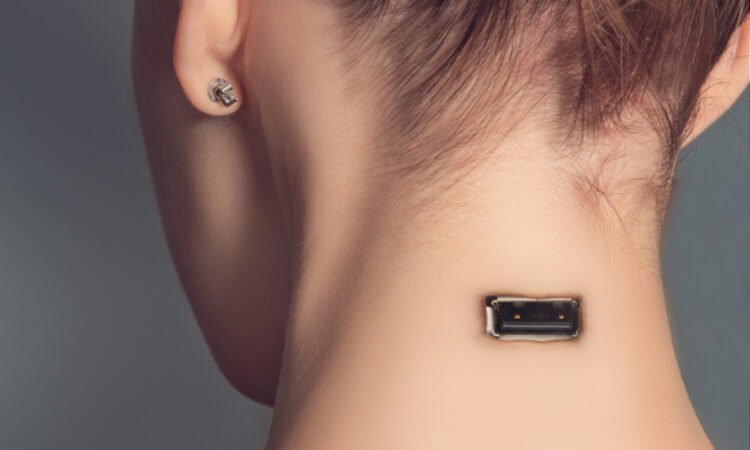
More than one sci-fi story has toyed with the idea of combining man and machine. This writer isn’t necessarily interested in becoming a cyborg, but sometimes I feel like it would be nice if my brain had an on-board USB port. Strange as it sounds, there are days when the idea is surprisingly appealing.
USB technology was first invented in hopes of bringing some sort of standardization to computer peripherals. It has since evolved and is now so much more. If you are a millennial or a member of Gen Z, you probably don’t remember a time when there were no USB ports. That’s how ubiquitous the technology has become.
Too Many Ports
To truly appreciate the wonder that is USB, you have to know where it came from. Way back in the early days of personal computing, companies like IBM and Commodore were competing to become the dominant force. Apple would eventually join the competition with the introduction of its Mac computer.
As handy as home computers were, they were troublesome in terms of peripherals. Every manufacturer developed its own proprietary technology for connecting peripherals. Thus, you had to buy peripherals specifically made for your machine. Things didn’t get any better when PCs and Macs eventually drove everyone else out of the market.
USB was seen as a way to bring an end to proprietary peripheral ports through standardization. Its inventors achieved their goals. Within the first couple of years, USB was adopted for everything from printers to removable hard drives. Further development eventually led to the premise of using the port as a charging port, in addition to data transfer. That led us to where we are today. We now use USB ports to charge our cell phones tablets, portable music players, and so on.
Solving My Memory Problems
Getting back to having an on-board USB port in my brain, having one would solve my memory problems. Indeed, I wouldn’t have to worry about remembering anything at all. If I needed information that I could not recall, a USB flash drive plugged into my brain would solve the problem. I would only need to download the information to continue on.
I could also actively forget information I no longer wanted to retain. Just download it to a flash drive and that’s it. Now there’s no more need to remember how much my kids weighed when they were first born. I can forget what my wife and I did on our very first date. If I ever need that information in the midst of a heated argument, it’s on a flash drive.
Recharging Overnight
I think the biggest benefit of having an on-board USB port in my brain is the ability to recharge overnight. Think of it this way: with current technology, you can charge Pale Blue Earth lithium-ion batteries by plugging them into any standard USB port. Current from the port flows into the batteries and charges them in a matter of hours.
What if I could charge my brain the same way? I don’t get nearly enough sleep these days, partly because of my age and partly because of underlying health conditions. If I could just plug my brain into a charging station before going to sleep, I might have a lot more energy in the morning.
Obviously, the idea of USB ports built into the brain is facetious. The point being made here is that the simple USB port is amazing technology. We tend to take it for granted even though it was pretty revolutionary when first invented.
